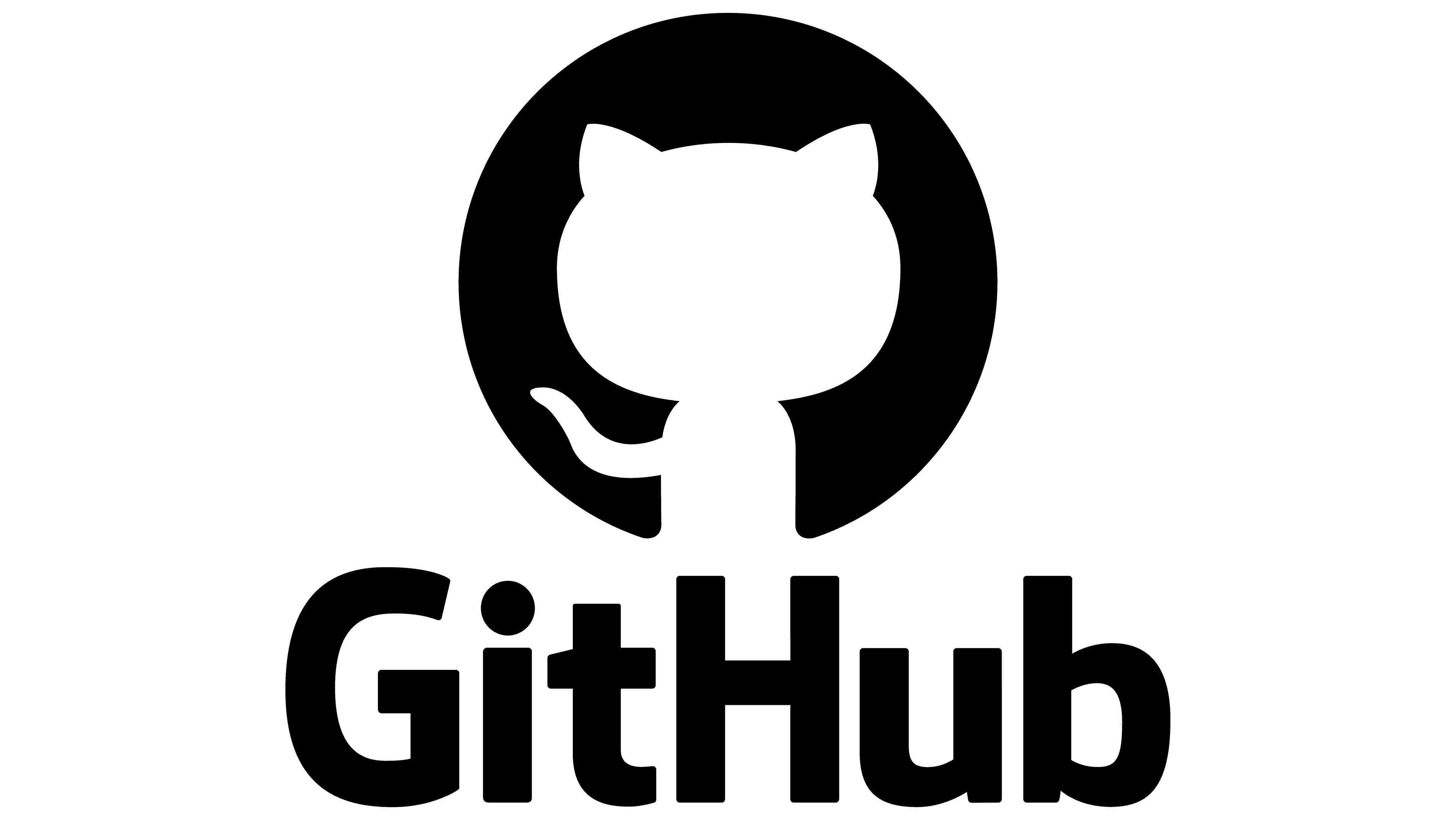GitHub Training In Bhopal
Fee: ₹3,000/- ₹5,000/-(Classroom training), ₹2,500/- ₹4,000/-(Online training) | Duration: 1 months
Class Modes: Offline and Online classes are available.

Fee: ₹3,000/- ₹5,000/-(Classroom training), ₹2,500/- ₹4,000/-(Online training) | Duration: 1 months
Class Modes: Offline and Online classes are available.

Fee: ₹3,000/- ₹5,000/-(Classroom training), ₹2,500/- ₹4,000/-(Online training) | Duration: 1 months
Class Modes: Offline and Online classes are available.
By the end of this course, you'll be proficient in using GitHub for version control, collaboration, and managing repositories effectively. You'll have the skills to work on real-world projects with other developers, contribute to open-source, and implement best practices for code management.